SUMMARY
This is AI generated summarization, which may have errors. For context, always refer to the full article.
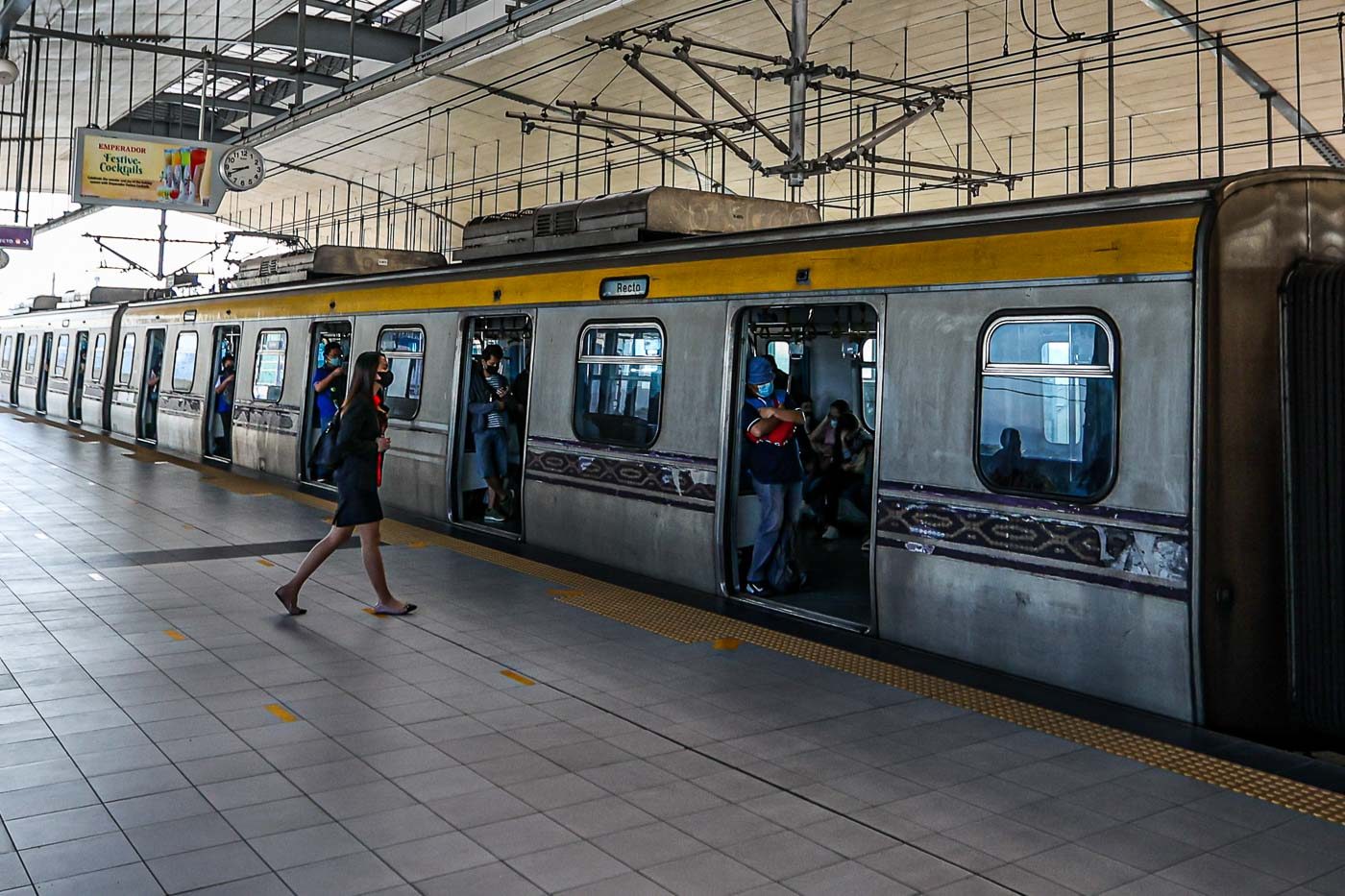
MANILA, Philippines – The Department of Transportation (DOTr) has approved the adjusted fare hikes for the Light Rail Transit Line 1 (LRT1) and Light Rail Transit Line 2 (LRT2).
Here are the minimum and maximum fares for the LRT1 under the new scheme:
| Type | Current Fare Scheme (since 2015) | Adjusted Fare Scheme |
|---|---|---|
| Single Journey Ticket | Minimum: P15.00 Maximum: P30.00 | Minimum: P15.00 Maximum: P35.00 |
| Stored Value Card | Minimum: P12.00 Maximum: P29.00 | Minimum: P14.00 Maximum: P35.00 |
Meanwhile, these are the new fares for the LRT2:
| Type | Current Fare Scheme (since 2015) | Adjusted Fare Scheme |
|---|---|---|
| Single Journey Ticket | Minimum: P15.00 Maximum: P30.00 | Minimum: P15.00 Maximum: P35.00 |
| Stored Value Card | Minimum: P12.00 Maximum: P28.00 | Minimum: P14.00 Maximum: P33.00 |
For both the LRT1 and LRT2, the boarding fare will be increased by P2.29, from P11 to P13.29. The distance fares will also go up by P0.21, from P1 per kilometer traveled to P1.221 per kilometer traveled.
Here is how fares for the LRT1 and LRT2 are computed:

(READ: FAST FACTS: Why the LRT1, LRT2, MRT are proposing fare hikes)
Meanwhile, the fare hike application for the Metro Rail Transit Line 3 (MRT3) was not immediately approved “due to infirmities in complying with the requirements and procedure,” according to DOTr Secretary Jaime Bautista.
Transportation Assistant Secretary for Railways Jorjette Aquino clarified that this was related to the MRT3’s failure to comply with the publication of its public hearing in a timely manner.
“The last day of publication of MRT3’s petition was on February 10, 2023, which is less than 10 days from the date of public hearing,” Aquino said. “On the petition application of the MRT-3, given the failure to comply with the required notice and publication, the hearing officer recommended that petitioner MRT-3 first comply with the requirements.”
Deferred implementation
Bautista said that while he already approved the rate on March 27, the implementation of the fare hike will be deferred on orders from President Ferdinand Marcos Jr.
“The instruction of the President is to reassess the date of implementation for us to be able to determine the impact on inflation. Since inflation rate has also gone up in the last two months, we have to review this and discuss this with NEDA,” Bautista said in a press conference on Tuesday, April 11.
“As far as the rate is concerned, it is already approved, but the implementation will be announced after we have conferred with NEDA, and then we will refer this back to the board of LRTA,” he added.
The discussions between the NEDA and the Light Rail Transit Authority (LRTA) board is expected to take a few months, according to Bautista.
Why hike fares?
The last time the LRT-1, LRT-2, and MRT-3 hiked fares was in January 2015 – more than eight years ago. Since then, all railway operators have incurred ballooning deficits while relying on government subsidies to continue operations.
“LRTA’s deficit for the critical year 2023 is projected to be P8.5 billion and has been actually operated at a loss and relying on government subsidies for its operations and maintenance as reflected in its financial performance in the critical year 2022, when it incurred a deficit of about P7.6006 billion,” Aquino said on Tuesday.
The LRTA is the government-owned and controlled corporation that operates the LRT2 and owns and operates LRT1 and LRT2.
Meanwhile, Aquino said that the actual fares for the LRT1 – which is operated by Light Rail Manila Corporation (LRMC) – is 50% behind the notional fares prescribed in the concession agreement with the government. The 2015 consortium agreement transferred operations of the LRT1 from the government to the private consortium composed of subsidiaries of Metro Pacific Investments Corporation, Ayala Corporation, and Macquarie Infrastructure Holdings (Philippines).
Aquino also said that the new fares were comparable to the fares of ordinary jeepneys and air-conditioned buses traveling the same route and distance as the LRT1 and LRT2.
– Rappler.com
Add a comment
How does this make you feel?
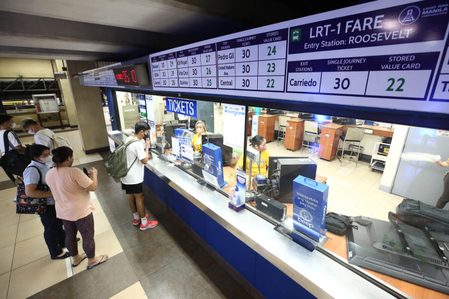

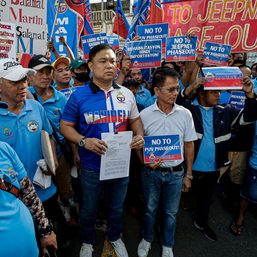
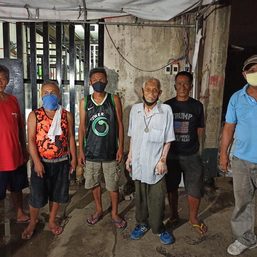
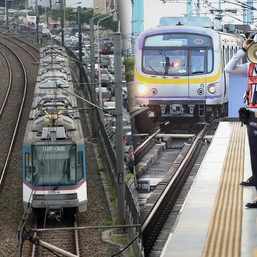

There are no comments yet. Add your comment to start the conversation.